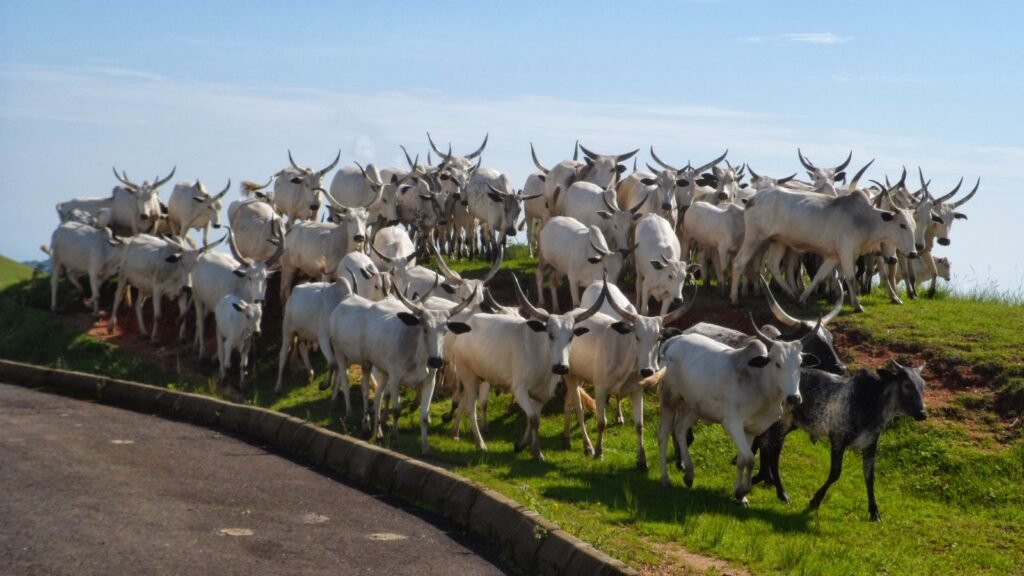Modernism: A legal analysis of Nigeria’s ranching debacle

The impeccable aspirations of section 14 (1)(b) of the 1999 Constitution of the Federal Republic of Nigeria (as amended) (the “Constitution”), establish that “the security and welfare of the people shall be the primary purpose of government.” Although the purposive intent therein is excellent, however, the practical applicability and enforcement of that provision is at best variable, and at worst, non-existent, regarding the political dynamite of open cattle grazing in Nigeria by pastoralists.
How can cattle grazing constitute political dynamite in Nigeria in the 21st Century, when the progressive world is at the cutting edge of Artificial Intelligence (AI) and computational thinking, which traverses transformative healthcare, precision defence systems, innovative fin-techs, robotics, social media, space exploration etc?
The legendary soul music legend, Marvin Gaye, in 1971, 53 years ago, recorded the hit song “What’s going on?” Although the context at the time was social upheaval in the United States, the same question could be posed within the extant subject matter. How is it that Nigeria is unable to effectively grapple with the banal issue of open grazing which commenced in Georgia and Florida, USA, in 1605?
The poser neatly segues into the recurrent lethal clashes between farmers and cattle herders, which has directly triggered loss of lives, displacements of farmers from their ancestral lands and extensive property destruction. Where is the government in all this and what imaginative policies have been executed? Afterall, cattle business is a private enterprise just like fish farming, pig farming, poultry farming, and snail farming in the country and the livelihoods of tens of thousands of farmers nationwide depend on all, not one, of these farming models.
What, then, underpins the ferociously devastating footprints of open cattle grazing in Nigeria? How is livestock farming developed and executed, applying modern practices, in an environmentally sustainable, peaceful and economically beneficial manner in progressive countries?
For starters, the global revenue meat market is approximately $1,460.00 billion in 2024 and market projections forecasting annual growth by 6.12% (compound annual growth rate 2024-2029). According to Statista’s 2024 analysis, China has generated the highest revenue in meat production US$273 billion; United States (US$131.60 billion); Brazil (US$37.07 billion); Canada (US$31.06 billion); United Kingdom (US$30.88 billion); Spain (US$22.70 billion), and Russia (US$22.60 billion).
Plus, the United Nations Food and Agricultural Agency asserts that livestock contributes 40% of the global value of agricultural output, supporting the livelihoods, food and nutrition security of over 1.3 billion people. These are huge numbers and the significance exposes the reality that the global livestock industry is a huge revenue catalyst and employment creator, which alleviates poverty reduction, food security and agricultural development.
In all those countries, modern agricultural practices, tech
Be the first to write a comment.



